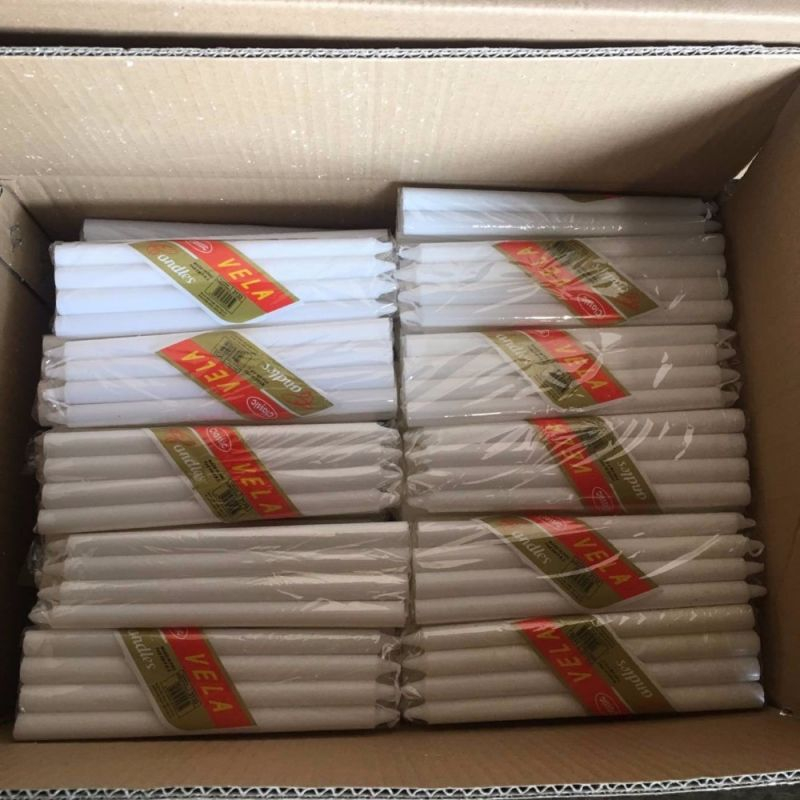With the light of hundreds of candles and the sound of music, Half Moon Bay residents gathered Friday evening in Mac Dutra Park to honor the seven farmworkers who were killed in back-to-back shootings at two mushroom farms, Concord Farms and California Terra Garden.
This was the biggest public gathering in the small coastal town since the shooting, an opportunity for family members and residents to process the tragedy and the turbulent days since then. Floor Standing Candelabra

The farmworkers killed were Asian and Latino immigrants who lived at their work sites, as did children and other relatives. Yetao Bing, 43, Qizhong Cheng, 66, Zhishen Liu, 73, Jingzhi Lu, 64, José Romero Pérez, 38, Aixiang Zhang, 74, and Marciano Martínez Jiménez, 50, all worked in the region’s agricultural sector for years since their arrival in the US. Romero Pérez's brother, Pedro, survived the attack and is now hospitalized.
Prosecutors have charged 66-year-old Chunli Zhao, who worked at one of the farms, with seven counts of murder and one count of attempted murder.
Standing next to an altar composed of hundreds of flowers brought by well-wishers, Servando Martínez, brother of Marciano Martínez Jiménez, thanked those gathered for their support and acknowledged the deep commitment his brother had to Half Moon Bay. “One of his greatest qualities was that he liked to help those around him,” he said in Spanish. “He really enjoyed getting involved in the community.”
In the 25 years that he lived in Half Moon Bay, Martínez Jiménez built many friendships within Half Moon Bay’s tight-knit immigrant population and volunteered for several community initiatives. “At this moment, Marciano is with my parents, taking care of them as he would take care of us,” Martínez added. “For me, my brother Marciano is not dead. He only took one more step to where we will all be one day. I ask God to forgive the person who took his life.”
José Romero Pérez lived in Half Moon Bay for a shorter period, a year and a half, but came with the hope of working to financially support his family in Mexico. In the Bay Area, he connected with his younger cousin, Renato Juárez Pérez, who shared his memories of Romero Pérez.
“I felt very safe having him here next to me. He helped me with everything, with any need that I had,” Juárez Pérez said, and added that Romero Pérez leaves behind a loving family, including a wife and children. “I feel so much pain because my cousin is no longer here,” he said.
Even for those who did not know the farmworkers personally, their story and hope to find a better life in this country inspired strong emotions. María Maroa, who has lived for 15 years in Half Moon Bay, remembers breaking into tears when a friend called her on Monday afternoon to tell her what had happened.
“I never could have imagined something like this,” she said at the vigil. When she first moved to Half Moon Bay, Maroa also worked as a farmworker and says she was also motivated by the dream of working in the fields to eventually reach a better life.
She adds that the difficult conditions in which farmworkers live on many California farms are no secret and that it’s frustrating how difficult it is for these essential workers to find affordable housing. “As someone who has been a farmworker, I can say that this country eats thanks to our labor,” she said. “The lives and work of farmworkers must be respected and protected.”
Research has confirmed what farmworkers and labor advocates have been protesting for years. The average yearly wage in 2021 for an agricultural worker in California was $31,770, or $15.28 an hour, way below the $25.55 that researchers at MIT say is a living wage for one adult with no children in the San Francisco-Oakland-Hayward metropolitan area.
San Mateo County District Attorney Steve Wagstaffe has told KQED that his office will be investigating the two farms where the shootings happened for wage theft and safety violations and could potentially prosecute the owners of the farms as well. “The workers were living in very, very poor conditions. Some were in very old trailers and others were living in shacks without running water or electricity,” he said.
At the vigil, Half Moon Bay Vice Mayor Joaquín Jiménez Ureña implored his colleagues to honor those killed by expanding affordable housing in the city to ensure that their relatives and fellow farmworkers can have better living conditions.
“Our farmworker community is crowded, barely making it with their income,” he said. “A prayer? Helps our spirit. A comfortable bed, helps our body. We need both.”
Here are a few ways to help the families of the victims directly or the groups that are supporting their needs:
This story includes reporting from KQED’s Farida Jhabvala Romero and Sydney Johnson.

Column Candles To learn more about how we use your information, please read our privacy policy.